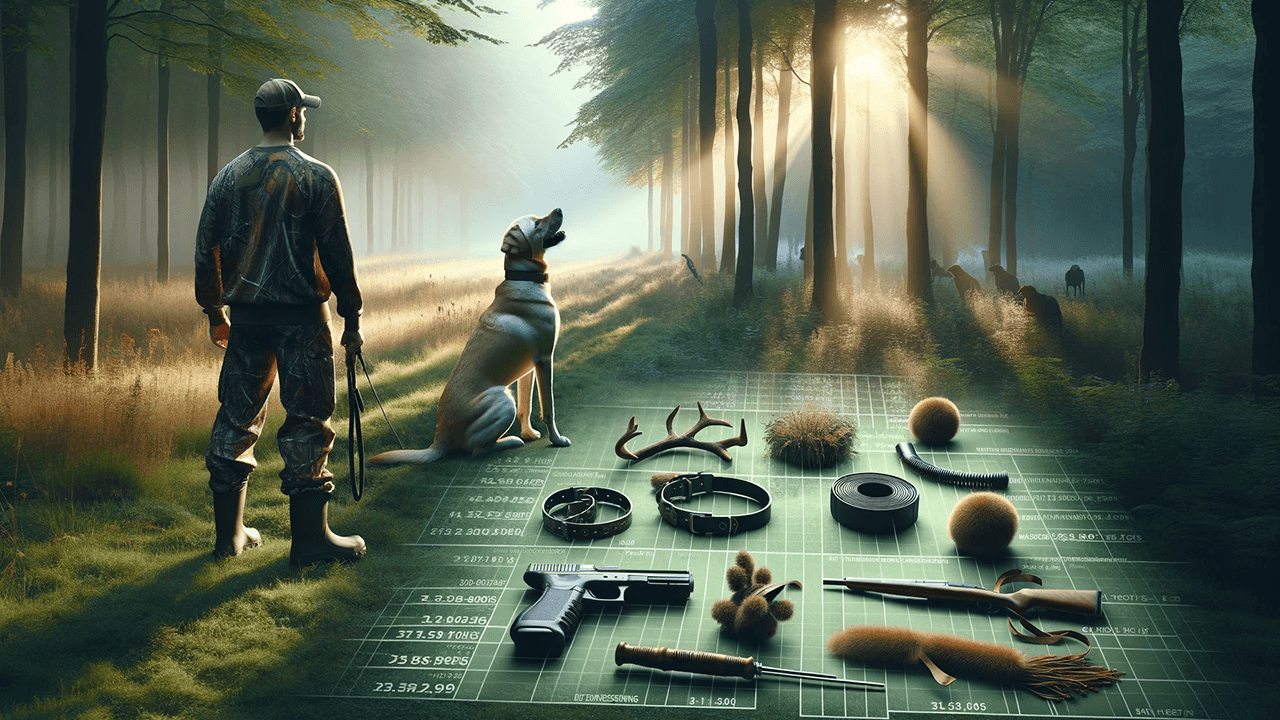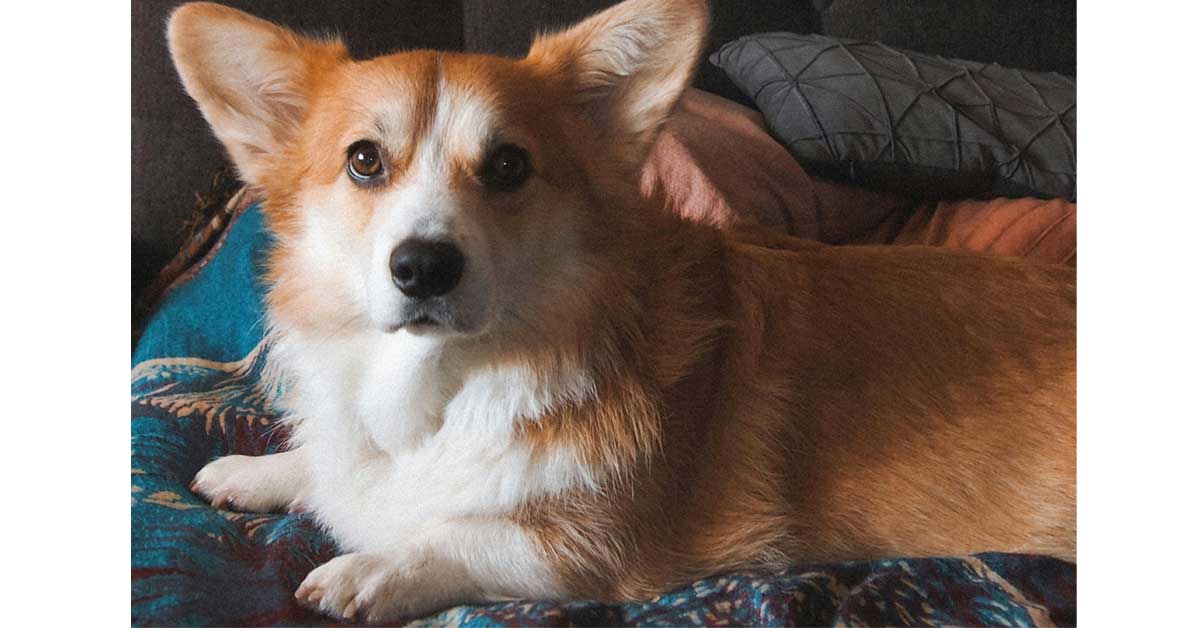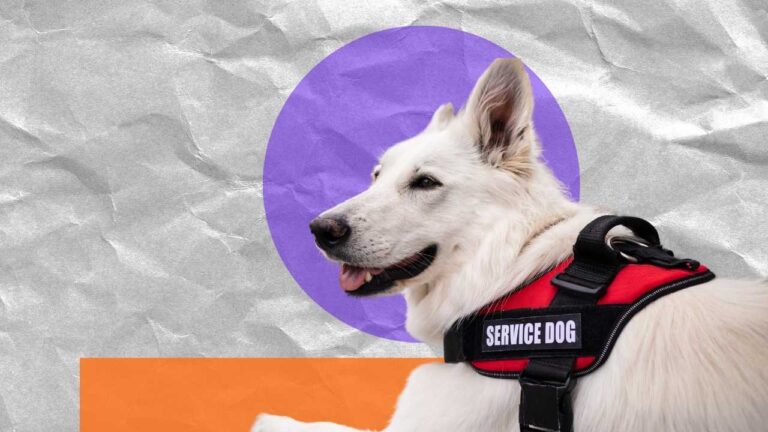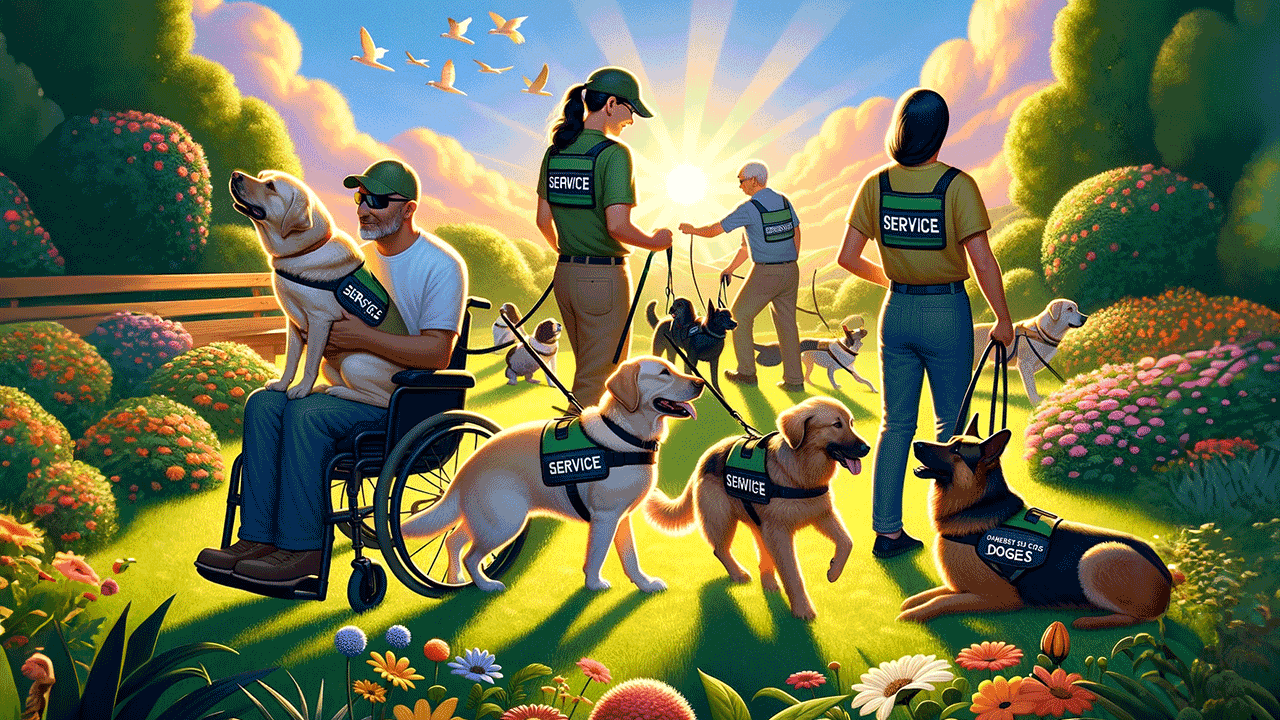How Much Does it Cost to Train a Hunting Dog?
Have you ever marveled at the seamless coordination between a hunter and their dog, pondering the dedication and resources it must take to achieve such synergy? Training a hunting dog is a vital component of a successful hunt, but it comes with its own price tag. In this article, we will unravel the factors that contribute to the overall cost of training a hunting dog, ensuring you can embark on this rewarding journey with clarity and confidence.
| Key Takeaways |
|---|
| 1. Professional training costs can vary based on the method, trainer’s expertise, and location. |
| 2. Essential equipment for training includes collars, leads, and dummies, while specialized equipment may incur additional costs. |
| 3. Ongoing costs such as food, veterinary care, and licensing are crucial to consider in the overall budget. |
| 4. The cost of training a hunting dog can range significantly; careful planning can help manage expenses. |
| 5. Investing in training and proper equipment can lead to successful and ethical hunting experiences. |
Introduction
Imagine the early morning quiet, broken only by the soft rustle of leaves and the steady breathing of a hunter and their loyal canine companion. This scene is the culmination of countless hours of training—a critical element in the hunt. The cost of training a hunting dog is not merely a financial investment but a commitment to excellence in the sport. Let’s delve into what factors into this investment, shaping both the dog and the experience of hunting itself.
Factors Affecting Hunting Dog Training Costs
Professional Training
Training Methods
Choosing the right training method for your hunting dog will significantly influence the cost. Group classes are a more budget-friendly option, averaging around $150 to $200 per course. Private training, offering personalized attention, can cost between $50 to $150 per hour. Specialized training programs, which may span several weeks, can run upwards of $1,000.
Trainer Experience and Reputation
The expertise and renown of a trainer play a pivotal role in their fees. Renowned trainers charge a premium for their services due to their proven track records of success. This can mean an investment of several thousand dollars, but potentially quicker and more effective results.
Location of Training
Where the training takes place affects the price. On-site training at a kennel can include boarding costs, leading to a higher total. In contrast, online training can reduce expenses, though it may not provide the same hands-on experience.
Equipment Expenses
Essential Equipment
The quintessential gear for training a hunting dog includes collars, leads, and retrieving dummies. The collective cost for these items can span from $100 to $300. It’s vital to note that while there are more economical options available, they may not withstand the rigorous demands of training, leading to frequent replacements. For instance, a standard collar might cost around $10-$20, while a durable, waterproof version designed for the outdoors can be upwards of $30-$50. Similarly, leads and long lines may vary in price; a basic nylon lead could be under $15, while a more resilient, longer training lead could be closer to $30 or more. Retrieving dummies also vary, with simple canvas dummies starting at $10, while more advanced, scented versions for real-life simulation can cost $20-$30 each. Investing in high-quality, durable items can be cost-efficient in the long run, saving money on replacements and ensuring effective training.
Specialized Equipment
When it comes to specialized equipment, the costs can ascend significantly. For example, a standard scent training kit may cost about $50, but more comprehensive kits or individual components like duck scent or pheasant wings can add up. Tracking collars, crucial for field training where dogs are out of sight, start at around $100 for basic models but can exceed $500 for GPS-enabled systems that provide real-time location data. Launchers for training dogs to retrieve can also be costly, with manual versions costing about $100 and automatic models, which launch dummies or birds into the air to simulate real hunting scenarios, being upwards of $300-$400. These tools are pivotal for specialized training, which may justify the investment.
Maintenance and Repair Costs
Maintenance and repair costs might seem negligible, but they are integral to the longevity and performance of your equipment. Annual maintenance might include replacing batteries in electronic training collars, which can cost around $10-$20 each. Repairs for wear and tear on items such as leads or retrieving dummies might range from $15 to $50, depending on the extent of the damage and the cost of replacement parts. A proactive approach, setting aside $50 to $100 annually for these expenses, ensures that your equipment remains in top working order, which is essential for consistent training.
Ongoing Costs
Food and Nutrition
High-quality nutrition is pivotal for a hunting dog’s health and performance. Monthly food expenses can range from $30 to $70, with premium brands at the higher end of this spectrum. Large breeds with high energy levels, like the Labrador Retriever or German Shorthaired Pointer, will be at the higher end due to their size and caloric needs. For instance, a 30-pound bag of premium dog food can cost about $50-$60 and may last a month depending on the dog’s size and appetite. Additionally, specialized dietary supplements designed to support joint health, particularly important for active dogs, can add $20-$30 to the monthly cost. The investment in proper nutrition translates to better performance and potentially fewer health issues, which can reduce veterinary costs over the dog’s lifetime.
Veterinary Care
Veterinary care is a recurring cost that includes routine checkups, vaccinations, and preventive treatments like flea, tick, and heartworm prevention. An annual veterinary budget of $200 to $500 is a reasonable range, factoring in at least one comprehensive checkup that might cost around $50-$100, vaccinations at $20-$30 each, and monthly preventive medications at approximately $10-$30 per month. Additionally, unexpected illnesses or injuries can increase these costs, so many owners opt for pet insurance, which typically costs $30-$50 per month but can substantially offset unexpected medical expenses.
Registration and Licensing Fees
Finally, the administrative aspect of owning a hunting dog includes registration or licensing fees. Most jurisdictions require dogs to be registered, which helps in identification and contributes to local animal control efforts. These fees vary widely but generally range from $10 to $50 annually. In some cases, additional licenses may be required for hunting dogs, which can cost more. While not as substantial as other expenses, these fees are mandatory and often overlooked in budgeting for a hunting dog’s costs.
Cost Estimates for Training a Hunting Dog
The cost of training a hunting dog can be broad, with initial training costs ranging from a few hundred dollars for basic group classes to several thousand for intensive one-on-one training. Equipment costs can start from $100 to over $600 for high-end items. Ongoing expenses can tally up to $1,000 to $1,500 annually.
Here is a simplified breakdown of potential costs:
- Initial Training: $150 – $5,000+
- Equipment Investment: $100 – $800+
- Ongoing Expenses (annually): $1,000 – $1,500+
To help manage these expenses, consider cost-saving measures such as purchasing second-hand equipment, attending local group classes, or combining professional training with self-led exercises.
Cost Breakdown for Training a Hunting Dog
Conclusion
The investment in training a hunting dog goes beyond mere dollars; it is about cultivating a bond and ensuring ethical hunting practices. By understanding the costs associated with this training, you can prepare a budget that aligns with your goals. For those seeking further guidance, numerous resources are available, from books to online forums dedicated to the art of training hunting dogs.
Remember, a well-trained hunting dog is not only a hunter’s companion but an ambassador of the sport, reflecting the dedication behind responsible and successful hunting.
Read more: How to Train a Dogo Argentino







